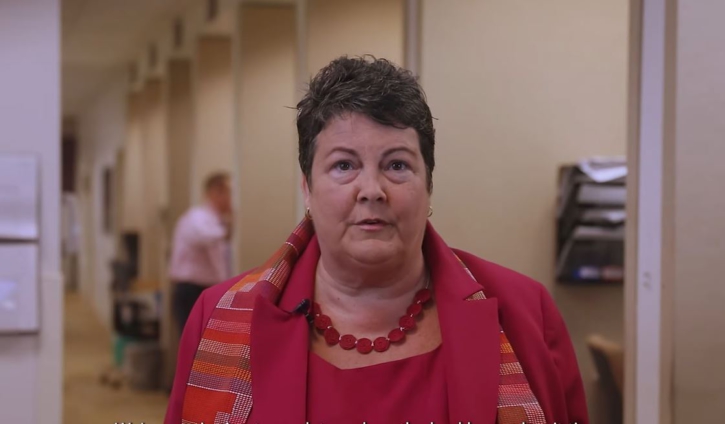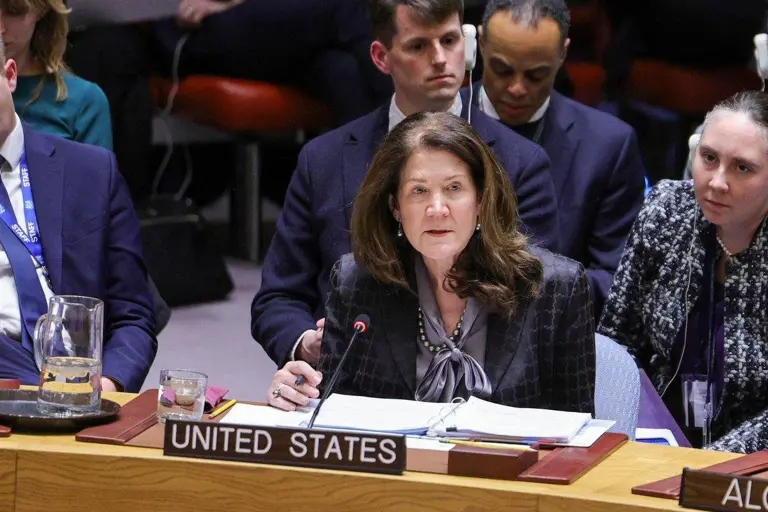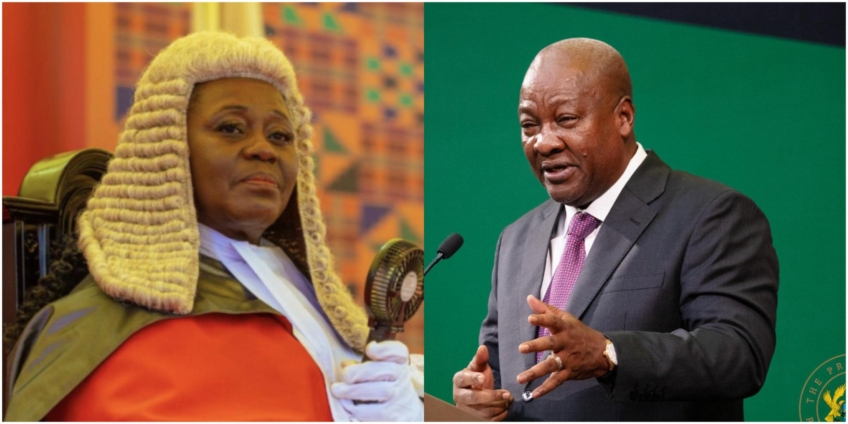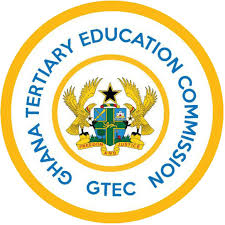The U.S. Ambassador to Ghana, Virginia Palmer, has called for continued engagement and dialogue following high-level discussions at Ghana’s Ministry of Foreign Affairs over the recently announced 10% tariff on imports from Ghana and several other nations.
The tariff policy, set to be implemented this week by the U.S., has sparked serious concern among Ghana’s private sector stakeholders, who warn of potential impacts on export volumes, business competitiveness, and government revenue.
Backdrop of Aid Reductions
This move follows an earlier U.S. decision to scale back USAID support to Ghana, a development President John Dramani Mahama has described as a threat to essential development funding. In response, the President has directed the Finance Minister to devise urgent measures to mitigate any resulting shortfalls in national revenue.
Ambassador Palmer: Trade Partnership Still Strong
Speaking to the media after her meeting with the Foreign Affairs Ministry, Ambassador Palmer stressed that U.S.-Ghana relations remain strong, and she expressed optimism about navigating this sensitive issue through diplomacy.
“I had a great meeting with the Minister of Foreign Affairs. We talked about how the relationship with Ghana is very strong and how we can keep it that way,” she said.
Palmer noted that discussions covered not only the tariffs but also broader trade opportunities and efforts to sustain low-tariff regimes for the mutual benefit of both countries.
“We also discussed the details of these global tariffs and explored areas where the United States and Ghana can improve trade relations and maintain the lowest possible tariff regime,” she added.
When asked about the potential implications of the new tariffs for U.S.-Ghana relations, Palmer remarked:
“Well, I hope Ghana will get some benefits vis-à-vis its competitors, but we’ll dig in and continue to talk.”
Private Sector Watchful
The Ghanaian business community continues to monitor the situation closely, with calls for diplomatic intervention, flexible trade negotiations, and sector-specific exemptions to minimize the adverse effects of the tariff.
As both nations navigate this development, the emphasis remains on preserving strong economic ties and ensuring that bilateral trade remains fair, open, and growth-oriented.








